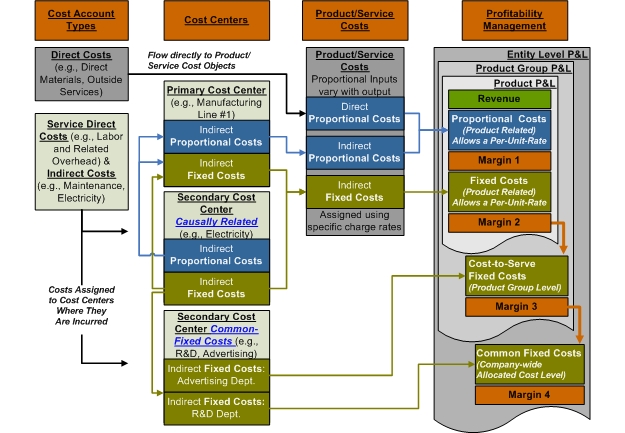What is the price of a smart home installation? Ultimately, the cost depends on how “smart” you want your home to be. You could spend a few hundred dollars for basic smart devices or invest several thousand dollars trying to fully automate your home. Many consumers mistakenly believe that owning a smart home simply means having a smart speaker or home hub. In reality, basic smart items such as lights, outlets, door locks, and security cameras can all be controlled through these devices, offering convenience and enhanced functionality.
How Can You Make Your House Look Smarter with Smart Home Installation?
Today, many homeowners are replacing all standard light bulbs with smart lights and upgrading traditional locks to smart locks for enhanced security and convenience. Automated blinds and smart garden systems are also gaining popularity, allowing control over natural light and outdoor spaces. Smart home hubs have become essential for integrating various devices seamlessly. Leading companies like Google and Amazon forecast that smart technology will play a critical role in daily living in the coming years, making smart home installations increasingly important for modern households.
What is the Definition of a Smart Home Installation?
A smart home installation refers to integrating “smart” technology into your living space to automate and remotely control various home functions. This can range from installing smart LED lighting and smart thermostats to creating a fully networked home with smart wiring and centralized control systems. Homes can be more or less “smart” depending on the number of connected devices and the complexity of the system, allowing homeowners on any budget to enhance their living spaces with cost-effective smart solutions.
What Is the Price of a Smart Home Installation?
The cost of a smart home installation depends on various factors, such as the types of devices, the level of automation, and whether smart wiring is included. While smart home automation can be an investment, many find it worthwhile for the convenience, security, and energy savings it provides. For example, installing smart wiring can cost upwards of $2,000. Additionally, the overall cost will vary based on the technologies you select, ranging from affordable individual devices to comprehensive automation systems.
When evaluating the cost, compare smart materials and devices to traditional alternatives to understand the price differences. Although smart products typically cost more, they offer enhanced features like remote control, automation, and increased energy efficiency, justifying the higher investment.
Consider the Following Scenario
- A smart alarm clock might cost around $125, but it can be programmed to warm your home before you even get out of bed, enhancing comfort and energy efficiency.
- Smart LED bulbs typically range from $30 to $80 each and can last up to 40,000 hours, using significantly less energy than incandescent bulbs. Complete smart lighting kits can be purchased for around $200.
- A high-end 671-liter smart refrigerator can cost over $7,500. Models like these often feature internal cameras, allowing you to check your fridge’s contents remotely, which is perfect for remote grocery shopping.
What are the Prices of Standard Home Security Systems?
Many companies offer smart home starter kits designed for homes without existing smart wiring. These kits typically include smart power outlets, cameras, motion sensors, and other devices aimed at enhancing home security. The average cost for installing a basic home automation system is approximately $600. However, fully outfitting your home with smart technology can cost around $10,000 or more. For budget-conscious homeowners, integrating solar power to support your smart home system can reduce energy costs and increase sustainability.
Looking to save money on smart products? Redeem ecoflow coupon code for exclusive discounts and special offers on smart home devices and household solutions.
How to Choose the Right Smart Home Installation for Your Budget and Needs?
As smart home technology advances and becomes more accessible, more homeowners are eager to upgrade their residences with smart devices. The cost of installation can vary widely, so selecting the right system for your specific needs and budget is essential. Start by identifying the home functions you want to automate—lighting, climate control, security, or entertainment—and then research compatible products known for reliability and affordability.
Set a realistic budget based on the level of automation you desire. Prices range from affordable DIY kits to professional, fully integrated smart home systems costing tens of thousands. Remember to balance initial costs with potential long-term savings from energy efficiency and increased home security.
Consider the long-term benefits as well; beyond energy savings, smart home installations can enhance your lifestyle convenience and even boost your property’s resale value, making smart upgrades a wise investment.
If you want to learn more about smart home innovations, check out Common Wire On Thermostat: Interesting Information About Common Wire On Thermostat by visiting our Business category for detailed guides and the latest trends.
In addition to enhancing convenience and security, smart home installations contribute significantly to sustainability efforts. By incorporating energy-efficient smart devices, homeowners can monitor and reduce their energy consumption, leading to lower utility bills and a smaller environmental footprint. Voice-activated assistants and programmable systems enable precise control over home functions, reducing waste and optimizing usage. Furthermore, many smart products offer seamless integration with renewable energy solutions, such as solar panels, facilitating greener living. As technology evolves, smart homes will continue to play a vital role in creating connected, eco-friendly environments that cater to modern lifestyles.

























